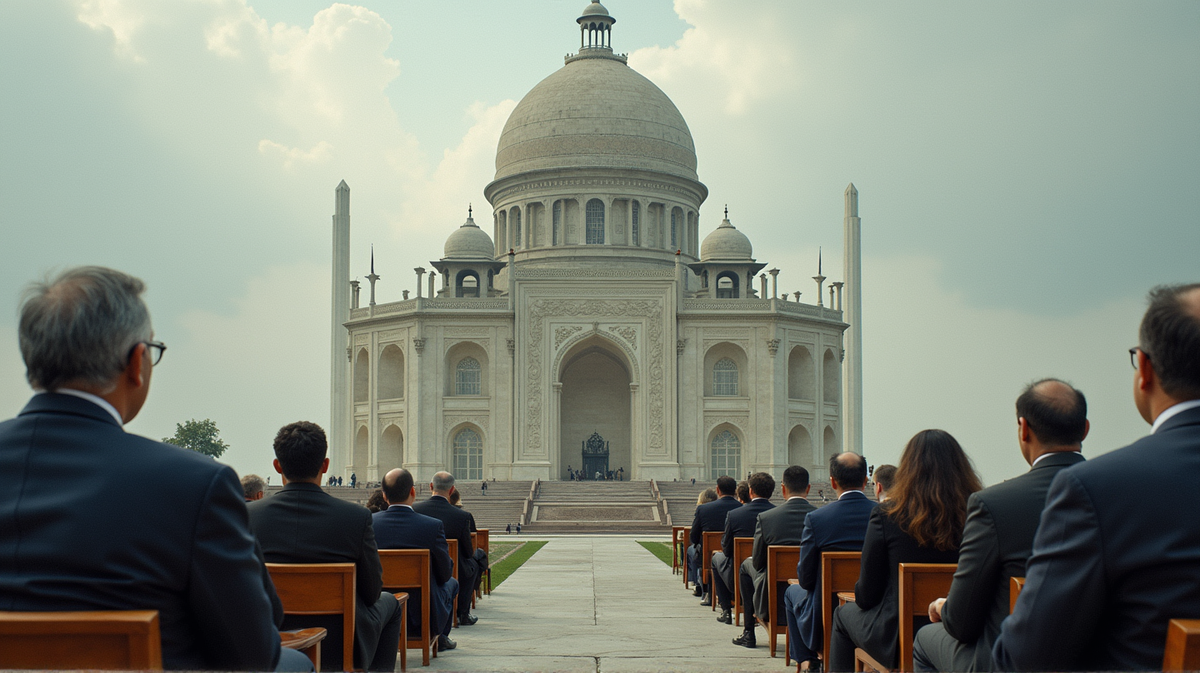Can the UN Survive Another 80 Years Without Major Overhaul?
80 years after its creation, the UN faces existential challenges; can it truly reform, or will it become a relic of global cooperation?

The United Nations, a bastion of international cooperation and idealism, reaches its 80th anniversary amidst profound questions about its relevance and capabilities in today’s tumultuous world. While the UN80 Initiative aims to refocus and modernize, significant structural concerns hinder actual progress. One must ask: Can this ageing institution survive the modern era, or is it destined to become a mere relic of an optimistic past?
A Fortress of Idealism Showing Cracks
The UN began its 80th General Assembly not with grand celebrations but subdued acknowledgments of its looming challenges. Annalena Baerbock, the new Assembly president, has introduced a reform agenda promising renewal, but reality paints a dire picture: the UN is financially and politically handicapped. As the body reflects on its noble inception, it grapples with increasing skepticism over its impact and relevance, suggesting that monumental ideologies are not immune to decay.
Reforms or Rebranding? The Unresolved Crisis
At the core of the anniversary discussions is Secretary-General António Guterres’s “UN80 Initiative,” which seeks to rejuvenate the organization. However, questions linger on whether these actions will result in substantial change or serve as another exercise in bureaucratic rebranding. For meaningful transformation, the UN must tackle the entrenched anachronisms in its power structure, notably the Security Council’s veto power—a roadblock to urgent action on global crises.
Financial Turmoil: The American Dilemma
Financially, the UN faces turbulent seas. The United States, its main financial contributor, has reduced funding under changing domestic policies, leaving the UN’s operational capacity vulnerable. With the UN tethered politically and monetarily to the whims of its member states, its neutrality and effectiveness increasingly fall under scrutiny. This funding instability underscores the deteriorating foundation upon which the UN stands, questioning its independence and ability to foster global equity.
Tensions of Inclusivity and Responsiveness
Though the UN’s rhetoric champions inclusivity and responsiveness, its infrastructure reflects outdated dynamics that marginalize voices from the Global South. The celebratory nature of the anniversary inadvertently highlights the widening chasm between intent and impact. As the high-level week unfolds, marked by elaborate speeches and sideline diplomacy, critics challenge the organization to move beyond political theatrics and execute binding actions that genuinely address pressing global issues.
An Institution on the Edge: A Call for Reckoning
As the UN reaches this pivotal milestone, it confronts a critical debate over its future viability. The body was born to prevent the scourge of war, yet current conflicts and crises raise doubts about its mandate’s fulfillment. The narrative now shifts from whether reform is needed to how radical change must occur to preserve the organization’s relevance. Will future generations view the UN as an enduring institution of cooperation, or as a well-intentioned vestige of aspirations past? It is indeed a time for intervention—not celebration.
According to Modern Diplomacy, the UN’s struggle epitomizes a broader narrative of aspiration battling the grim realities of geopolitical complexity.





